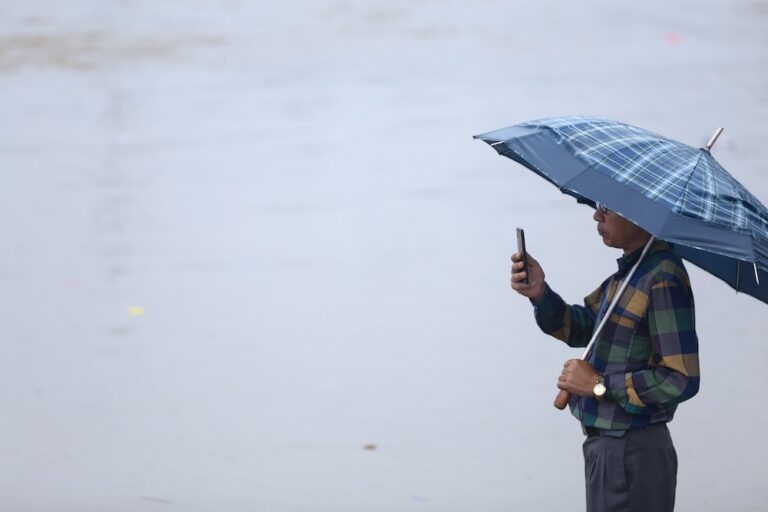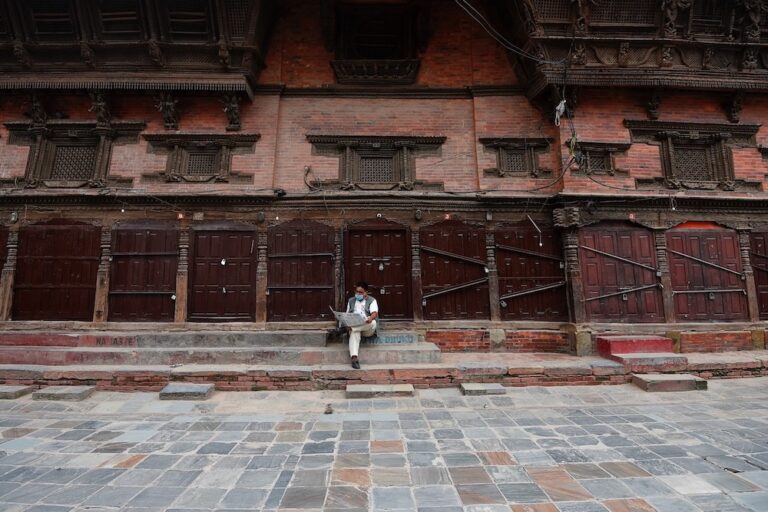(CEHURDES/IFEX) – On 16 December 2002, Nepalese authorities released Govinda Acharya and Chandraman Shrestha, editor and managing editor, respectively, of the pro-Maoist weekly “Janadesh”. The two journalists were released in the presence of Gopal Budhathoki, Federation of Nepalese Journalists (FNJ) vice-president. Acharya was arrested by security forces on 26 November 2001, the first day of […]
(CEHURDES/IFEX) – On 16 December 2002, Nepalese authorities released Govinda Acharya and Chandraman Shrestha, editor and managing editor, respectively, of the pro-Maoist weekly “Janadesh”. The two journalists were released in the presence of Gopal Budhathoki, Federation of Nepalese Journalists (FNJ) vice-president.
Acharya was arrested by security forces on 26 November 2001, the first day of the declaration of a state of emergency. Shrestha was arrested about a month later.
While welcoming the release of the two journalists, CEHURDES urged authorities to release all other remaining journalists who were detained after the state of emergency proclamation.
Background Information
Following the imposition of the state of emergency on 26 November 2001, more than 150 journalists have been arrested in different parts of the country. The state of emergency was lifted on 28 August 2002, but more than two dozen journalists remain in detention. Some journalists have reportedly been tortured, both physically and psychologically. Several detainees’ whereabouts are unknown. There have been no reports of official charges filed against any of the detained journalists.
Furthermore, on 4 October, King Gyanendra assumed all executive powers. Prime Minister Sher Bahadur Deuba was sacked and elections scheduled for 13 November were postponed for an indefinite period. On 11 October, the king formed a government under monarchist Prime Minister Lokendra Bahadur Chanda, granting him limited powers.
Since February 1996, Communist Party of Nepal (CPN-Maoist) rebels have been fighting to establish a republican state and abolish Nepal’s constitutional monarchy. More than 7,000 people have been killed in the conflict. Nearly half of the victims were killed after the state of emergency declaration. During this time, the rebels killed journalist Nawaraj Sharma (see IFEX alerts of 23 and 22 August 2002) and abducted journalists Demling Lama and Dhan Bahadur Roka (see IFEX alerts of 11 and 9 April 2002). Lama managed to escape but Rokka’s whereabouts remain unknown.


